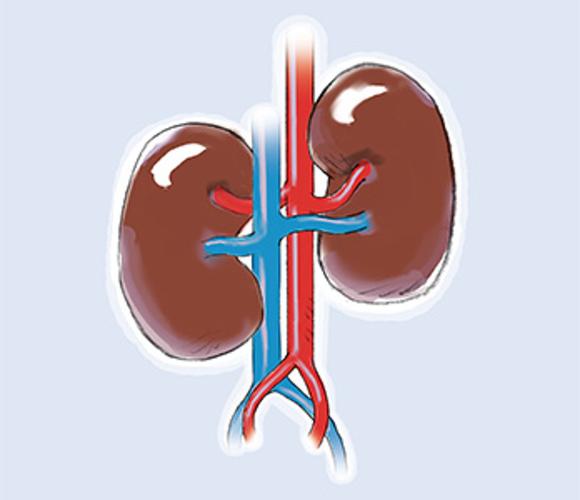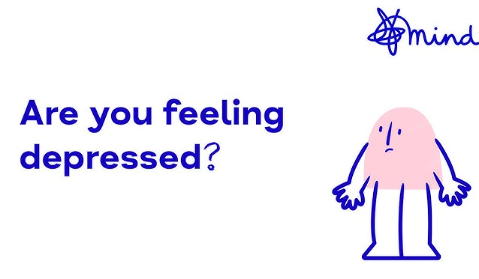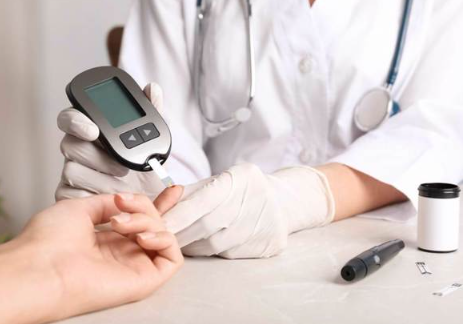Low-fat diets, once thought to prevent heart disease, may not be effective and could cause other issues. Check below to learn more.
Misconception 1: Antibiotics Can Cure All Infections
Many people erroneously assume that antibiotics are a panacea for all types of infections. Whenever they feel unwell, they hastily take antibiotics without proper diagnosis. This is a massive misconception. Antibiotics are only effective against bacterial infections. They have no impact on viral infections such as the common cold or flu. Excessive and improper use of antibiotics can lead to antibiotic resistance, making it more arduous to treat serious bacterial infections in the future.
We should only take antibiotics when prescribed by a doctor after a proper diagnosis. And even then, we must complete the full course of treatment to ensure that the infection is thoroughly eradicated.
We should only take antibiotics when prescribed by a doctor after a proper diagnosis. And even then, we must complete the full course of treatment to ensure that the infection is thoroughly eradicated.
Misconception 2: Natural Remedies Are Always Safe
There is an increasing tendency towards using natural remedies for various health issues. While some natural remedies may have certain advantages, they are not invariably safe. For instance, herbal supplements can interact with prescription medications and cause adverse effects. Some natural remedies may also contain harmful substances or contaminants.
Just because something is natural doesn’t necessarily mean it’s safe. We should be cautious when using natural remedies and consult a healthcare professional before taking any new supplement or treatment.
Just because something is natural doesn’t necessarily mean it’s safe. We should be cautious when using natural remedies and consult a healthcare professional before taking any new supplement or treatment.
Misconception 3: Skipping Meals Is a Good Way to Lose Weight
Many people believe that skipping meals is an effective means to lose weight. However, this is far from the truth. Skipping meals can slow down one’s metabolism and make it more difficult for the body to burn calories. It can also lead to overeating later in the day as the body attempts to compensate for the missed meals.
A healthy weight loss plan involves consuming a balanced diet with regular meals and snacks. This helps keep the metabolism running smoothly and provides the body with the energy it needs to function properly.
A healthy weight loss plan involves consuming a balanced diet with regular meals and snacks. This helps keep the metabolism running smoothly and provides the body with the energy it needs to function properly.
Misconception 4: Drinking More Water Always Helps
Some people think that drinking excessive amounts of water is always beneficial for health. While it’s true that staying hydrated is important, overdoing it can be harmful. Drinking too much water can lead to a condition called hyponatremia, in which the balance of electrolytes in the body is disrupted. This can cause symptoms such as nausea, headache, confusion, and in severe cases, it can even be life-threatening.
We should drink an appropriate amount of water based on our individual needs. Factors such as activity level, climate, and overall health should be taken into consideration.
Myth 5: Self-Diagnosis and Treatment Is Okay
With the abundance of information available online, many people attempt to diagnose and treat themselves. This is a highly dangerous practice. Without proper medical training and access to diagnostic tools, it’s extremely difficult to accurately diagnose a condition. Self-treatment can lead to incorrect treatment, delay in seeking proper care, and worsening of the condition.
If you have any health concerns, it’s always advisable to consult a qualified healthcare professional who can conduct a proper examination and provide accurate diagnosis and treatment.
In conclusion, it’s crucial to be vigilant about the health information we receive and not fall victim to medical myths. Always consult a healthcare professional for accurate advice and treatment. By doing so, we can safeguard our health and avoid potentially life-threatening errors.
Read more>>




